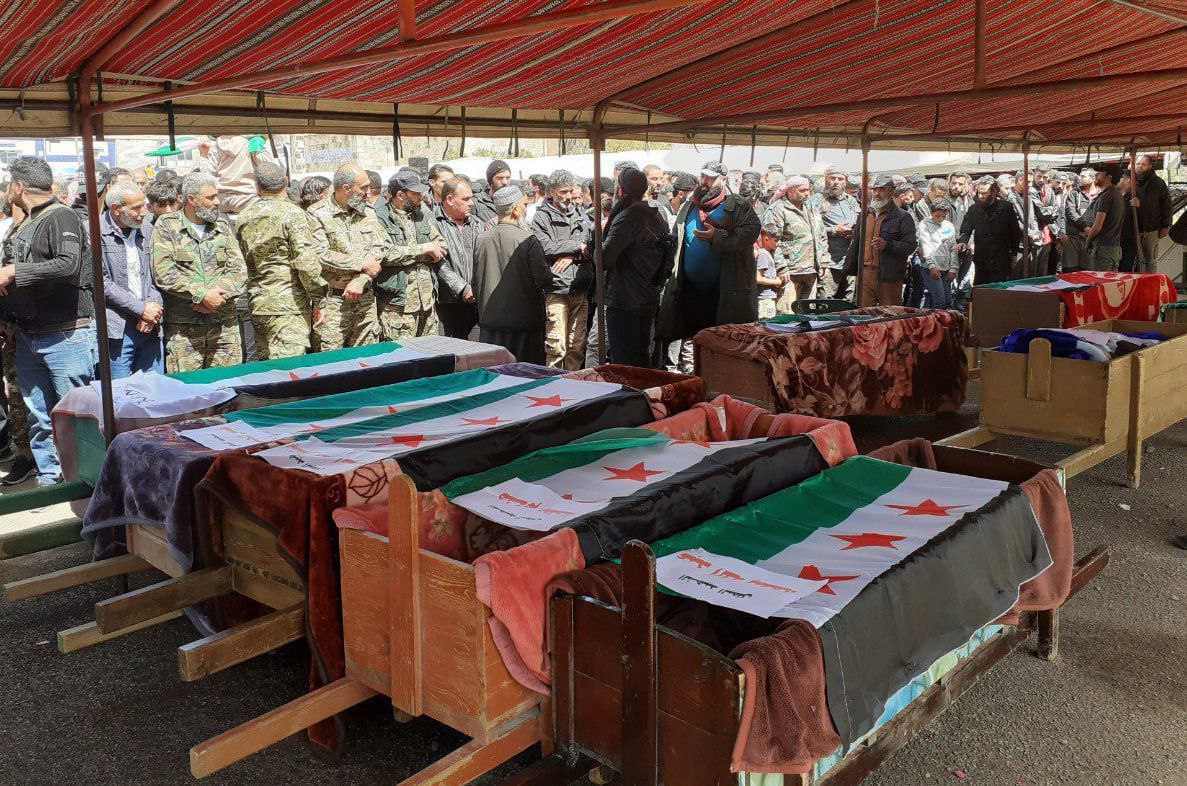
Israel’s recent air and ground attacks on Syria have drawn widespread condemnation and raised fears of a broader regional conflict. Airstrikes throughout Syria, in Damascus, Homs, and Hama, alongside a limited ground incursion near Daraa, killed civilians, destroyed infrastructure, and escalated tensions at a time when Syria is attempting to rebuild after years of war.
The Kuwaiti Foreign Ministry denounced the attacks, calling them violations of international law and United Nations resolutions. Qatar echoed the condemnation, urging the international community to de-escalate the situation. Turkey took a firmer stance, describing Israel as the region’s primary destabilizing force and warning that Israel must withdraw from Syrian territory and end efforts to block Syria’s return to stability. Ankara’s statement came as Israel voiced opposition to Turkey potentially establishing a military base in Syria, citing it as a threat to its “operational freedom.”
According to local reports, Israeli occupation and invasion forces carried out a ground operation near the town of Nawa, deploying dozens of vehicles and troops. Residents confronted the incursion, and heavy clashes killed at least 11 civilians. The move sparked outrage across southern Syria, where large funeral processions turned into demonstrations. Protesters chanted slogans pledging support for resistance movements and condemning what they described as Israeli aggression.
The Israeli government claims its actions are defensive, targeting military sites linked to threats from Iran and other regional actors. However, critics argue that the strikes are part of a broader strategy to keep Syria fragmented, weaken its emerging post-war institutions, and prevent regional powers like Turkey from gaining influence there. Observers note that Israeli attacks have increased since the fall of the Assad regime and the emergence of new leadership in Damascus that has signaled a willingness to engage more closely with Ankara.
Israel’s actions reflect deeper anxieties about the changing strategic environment. The prospect of a resurgent Syria, aligned with Turkey, poses a challenge to Israel’s longstanding military and political dominance. Inside Israel, dissent over the direction of current policy is growing. A joint statement by 17 former heads of Israeli intelligence, military, and police agencies warned that Prime Minister Benjamin Netanyahu is endangering national security and pushing the country toward authoritarianism.
The latest developments also expose the limited response from the broader international community. While Arab governments have issued statements of condemnation, no serious action has followed. The US, Israel’s closest ally, remains largely silent on the attacks in Syria.
This silence is fueling resentment across Arab populations, many of whom see a double standard in the treatment of Israeli military actions versus those of others. For Syrians living in the targeted areas, the bombings have reinforced a long-standing belief that self-defense is the only response left. As Israel continues to pursue what it views as necessary security operations, it may be accelerating the rise of renewed opposition not just from states, but from the streets.








